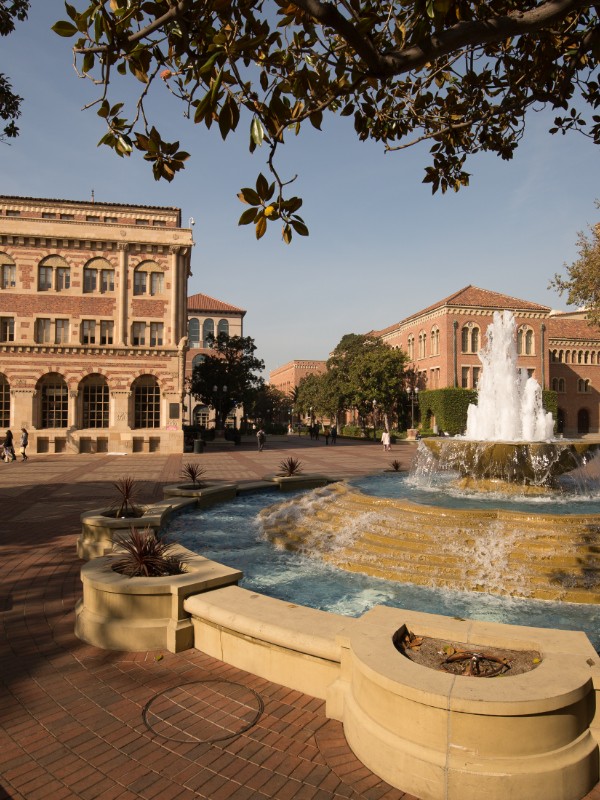1
Prerequisite Coursework in Washington
Washington requires that certified teachers have, at a minimum, a Bachelor’s degree. Although some states have undergraduate credit hour requirements for certification in specialty areas, Washington does not list specific course or credit hour requirements. However, every college or university teacher preparation program will have requirements of its own. Contact your teacher preparation program or the Washington Office of Superintendent of Public Instruction.
2
Washington Teacher Certification Programs
In the State of Washington, prospective teachers must complete a state-approved teacher preparation program at an accredited college or university, or they must complete a state-approved alternative certification program. A list of state-approved teacher preparation programs can be found on the Professional Educator Standards Board website.
Typically teacher education programs consist of a combination of courses on foundational knowledge and skills, pedagogy (the art and science of teaching), research, design, and implementation of learning experiences in their field of study, along with hands-on fieldwork. The fieldwork component can include observations, student teaching, and an internship.
3
Required Tests for Washington
To become a certified teacher in Washington, you must satisfactorily complete the Basic Skill Test and any Subject Area Competence assessments needed for your desired area of instruction. Learn more about Washington’s exam requirement on Washington State’s Professional Educator Standards Board page. The Basic Skills Test can be fulfilled with the
The Subject Area Competence is measured by the
Test required depends on the certification area.
You can learn more about the Praxis exams by visiting Teach.com’s Guide to the Praxis Exams and read more about teacher certification tests on Teach.com.
Initial Teaching Certifications
New teachers in Washington State start out with a Residency Certificate and move to a Professional Certificate by completing a Professional Certification Program at a Washington college or university and submitting a ProTeach Portfolio of professional development activities. In order to earn your Washington state teaching credential, you must complete required coursework, fieldwork and standardized testing requirements. If you already have a teaching credential from another state, you may qualify for interstate credential reciprocity. Visit the State of Washington’s Office of Superintendent of Public Instruction website for more on earning your Washington teaching credential.
Learn more about getting your teaching credential on Teach.com.



